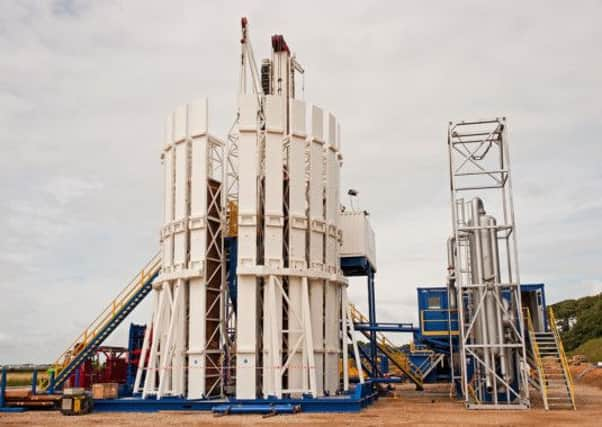Group formed to fight for gas work


Lee Petts, the head of a newly formed business group which aims to advance the interests of British SMEs that provide support services to the onshore oil and gas industry he Onshore Energy Services Group he doesn’t want local firms to miss out.
The Onshore Energy Services Group boss said there were three key reasons why small companies need to play a big role if shale gas is to be a British success story.
Advertisement
Hide AdAdvertisement
Hide AdFirstly, job creation: Small companies are much more likely to recruit and train new people as they grow to meet additional demand for their products and services.


Secondly, costs: For onshore oil and gas to be commercially viable, well costs need to be kept to a minimum. Existing supply chain SMEs offer all the right capabilities, but can deliver them more flexibly and at a lower cost.
And, thirdly, tax revenues: Small British companies, that pay their taxes in Britain, will contribute more to the Exchequer than overseas companies or larger UK rivals with more complex tax structures. But the group is worried that, without coordinated action, there’s a real risk that the supply chain will come to be dominated by large overseas companies that fly their people and equipment in, and their profits home with them.
OESG chief executive Lee Petts said: “Britain is a nation of hardworking SMEs that, together, make up over 99 per cent of all businesses. They are responsible for around 60 per cent of UK employment and nearly half of all sales revenue, and so are clearly already crucial to the economy.
Advertisement
Hide AdAdvertisement
Hide Ad“We want to see British supply chain SMEs, especially in the communities where shale gas extraction takes place, grow and flourish alongside the developing onshore oil and gas industry just like they have in the aerospace sector, where small British firms are responsible for over 55 per cent of all civil aerospace sales in Europe.
“If SMEs in the supply chain that supports onshore oil and gas could replicate this success, and claim 55 per cent of the prize predicted earlier this year by Ernst & Young, they could one day be responsible for over 35,000 jobs and more than £18bn in spend.”
The OESG is calling for the use of supply chain action plans, such as those now used in offshore wind as part of the Contracts for Difference subsidy regime, and for the exploration tax breaks announced last year by the Chancellor to be linked specifically to local, British supply chain content.